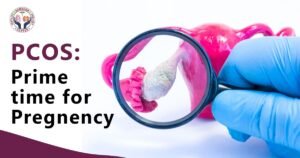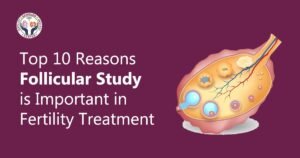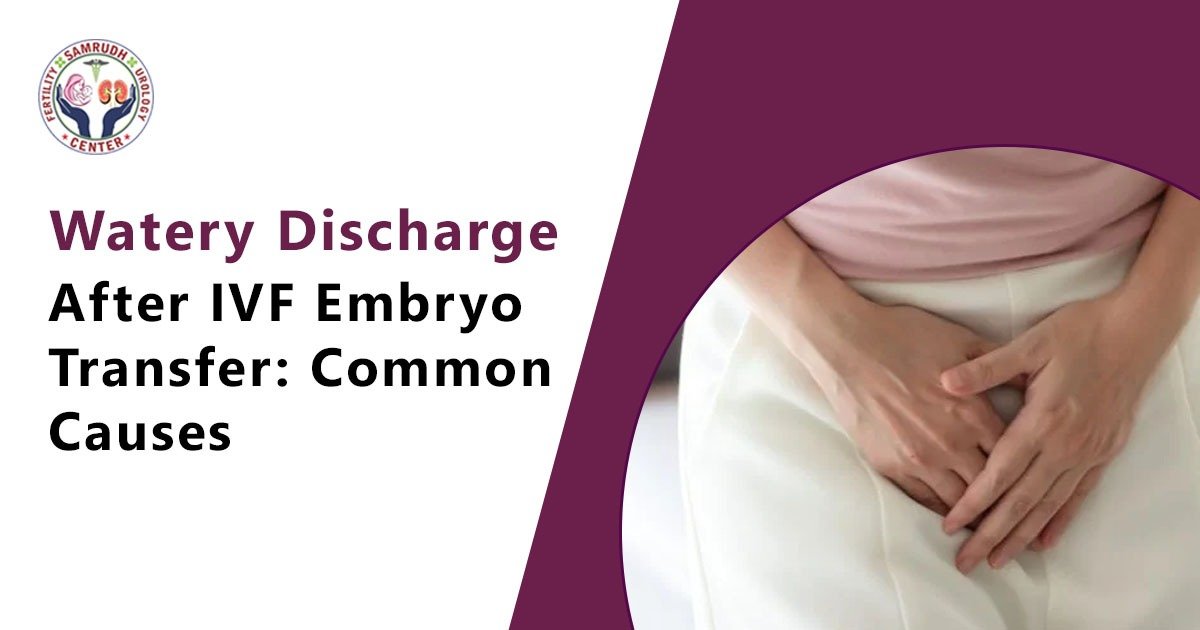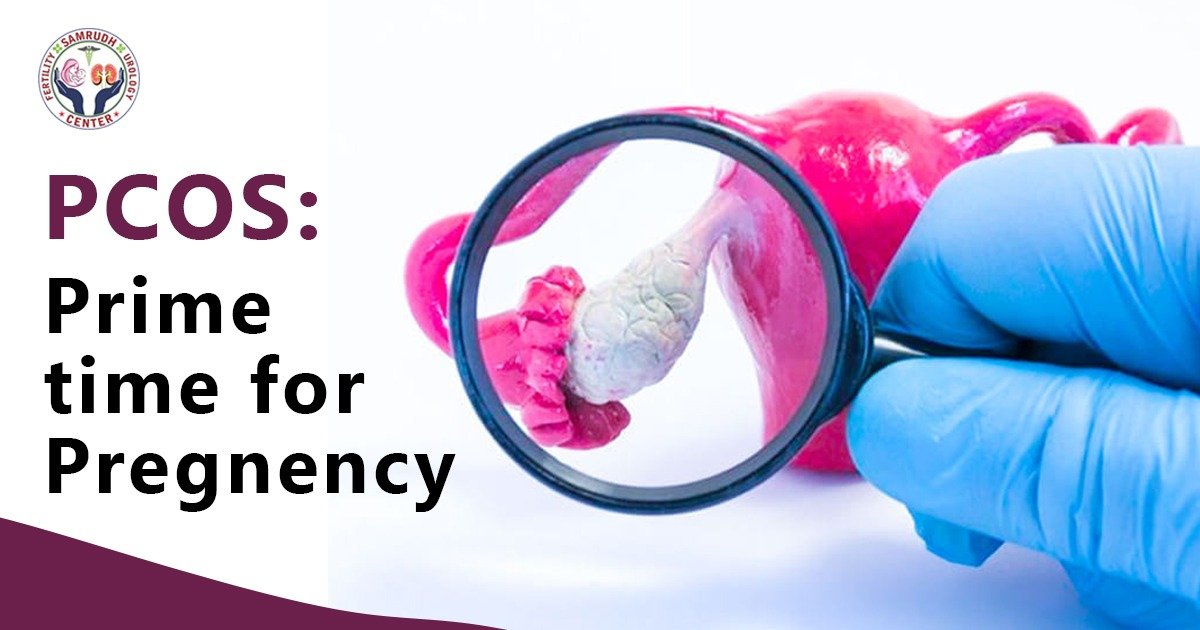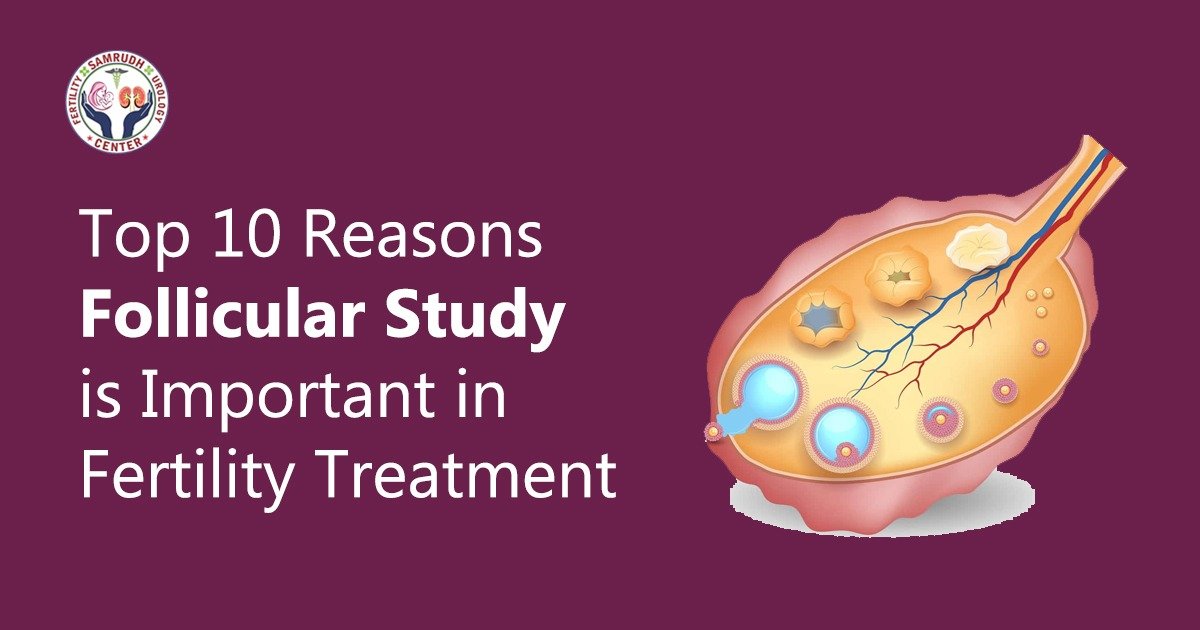Bringing a baby into the world through IVF (in vitro fertilization) is a remarkable journey, often filled with questions and uncertainties. One of the most common questions revolves around safety: After how many weeks IVF pregnancy is safe ?Although there isn’t a universal solution, guidelines are available to assist couples in making informed choices regarding their pregnancy and their baby’s well-being.
In this guide, we’ll explain IVF pregnancy, review the timeline, discuss safety concerns, and offer expert advice to help you confidently navigate this unique journey.
What is IVF Pregnancy?
IVF is a fertility treatment where eggs are retrieved from the ovaries and fertilized with sperm in a laboratory. Once fertilization occurs, the resulting embryos are transferred to the uterus for implantation. This process offers hope to individuals and couples struggling with infertility and other reproductive challenges.
The Timeline of IVF Pregnancy
The journey of IVF pregnancy closely resembles that of a natural conception. Each week, from the excitement of the positive pregnancy test to the anticipation of the baby’s arrival, brings new developments and milestones. Healthcare providers monitor the progress closely through various tests and ultrasounds to ensure the well-being of both mother and baby.
When is an IVF Pregnancy Considered Safe?
Safety is a paramount concern throughout pregnancy, but the first trimester holds particular significance. This period is crucial for fetal development, and certain complications, such as miscarriage, are more common during this time. However, once the pregnancy progresses beyond the first trimester, the risk of miscarriage decreases significantly, and the likelihood of a safe delivery increases.
You May also see relevant video :
Key Considerations in IVF Pregnancy Safety
It’s crucial to understand that no pregnancy guarantees absolute safety, and the possibility of complications persists even after 12 weeks. The safety of an IVF pregnancy is influenced by several factors.
Maternal Health
The mother’s health is crucial. Conditions like diabetes, high blood pressure, and thyroid disorders can affect pregnancy outcomes. Managing these conditions with the help of healthcare providers is essential for a safe IVF pregnancy.
Fetal Development
Monitoring the development of the fetus is vital. Regular ultrasounds and tests help detect any potential abnormalities or complications early, ensuring timely medical intervention and promoting a healthy pregnancy.
Age of the Mother
The mother’s age can influence the safety of an IVF pregnancy. Older maternal age may increase the risk of complications, so extra care and monitoring are often required to ensure a healthy pregnancy.
Lifestyle Factors
Healthy lifestyle choices are important. Eating a balanced diet, staying active, avoiding alcohol and smoking, and managing stress contribute to a safer pregnancy and the well-being of both mother and baby.
Medical History
A thorough review of the mother’s medical history is essential. Previous pregnancies, surgeries, and existing health conditions can impact the IVF pregnancy, and tailored medical care may be needed to address these factors.
Quality of Embryos
The quality of the embryos used in IVF can affect pregnancy outcomes. High-quality embryos have a better chance of implantation and development, leading to a safer and more successful pregnancy.
Regular Medical Check-Ups
Frequent check-ups with healthcare providers are necessary. Regular monitoring helps detect any issues early, allowing for prompt treatment and a safer pregnancy journey.
Emotional Support
Emotional well-being is crucial during IVF pregnancy. Stress and anxiety can negatively impact both the mother and the baby, so seeking support from counsellors, support groups, and loved ones is important.
Safety Precautions During IVF Pregnancy
To promote a safe and healthy pregnancy, it’s essential to follow the recommended safety precautions such as:
Regular check-ups
Attend regular check-ups with your healthcare providers. These visits are crucial for monitoring your health and the baby’s development, ensuring potential issues are addressed promptly.
Lifestyle changes
Make necessary lifestyle changes, such as maintaining a balanced diet and incorporating regular exercise. These adjustments help promote a healthy pregnancy and support the well-being of both mother and baby.
Emotional well-being
Prioritize your emotional well-being by seeking support when needed. Managing stress and anxiety through counselling, support groups, and the encouragement of loved ones is essential for a healthy pregnancy journey.
The Role of the Healthcare Team :
Throughout the IVF pregnancy journey, healthcare professionals play a crucial role such as:
Guidance and Support
Healthcare professionals provide essential guidance and support throughout the IVF pregnancy journey. Their expertise helps navigate each stage, ensuring both mother and baby receive the best possible care.
Monitoring Progress
Healthcare providers must regularly monitor the pregnancy. Obstetricians and fertility specialists track the baby’s development and the mother’s health and promptly address any issues.
Addressing Concerns
The healthcare team is there to address any concerns. From answering questions to managing complications, they ensure a safe and healthy pregnancy for both mother and baby.
Common Concerns
It’s natural for individuals undergoing IVF pregnancy to have concerns along the way.
Likelihood of Complications
Many worry about the risk of complications with IVF pregnancies. While some risks exist, regular monitoring and advanced medical care can help manage these, ensuring a safer pregnancy journey.
Safety Compared to Natural Conception
Is IVF pregnancy riskier than natural conception? IVF pregnancies can have similar risks, but with proper medical support and monitoring, the safety levels are comparable, giving many couples a safe path to parenthood.
Carrying to Full Term
Can IVF pregnancies go full-term? Yes, many IVF pregnancies result in full-term births. Regular check-ups and following medical advice increase the chances of successfully carrying the pregnancy to term.
Seeking Reliable Information
It’s vital to seek information from trusted healthcare providers. Staying informed through regular consultations can alleviate anxieties and provide reassurance and confidence throughout the IVF pregnancy journey.
Start Your IVF Journey with the Best IVF Specialist in Bangalore
An IVF pregnancy requires patience, resilience, and trust in the process. By understanding the timeline, prioritizing safety precautions, and relying on the expertise of healthcare professionals, individuals and couples can embark on this journey with optimism and hope.
To learn more about IVF pregnancy and related safety, visit us at Samrudh. As one of the best IVF centers in Bangalore, we prioritize your well-being and offer unparalleled care throughout your experience.


